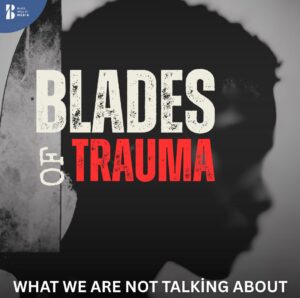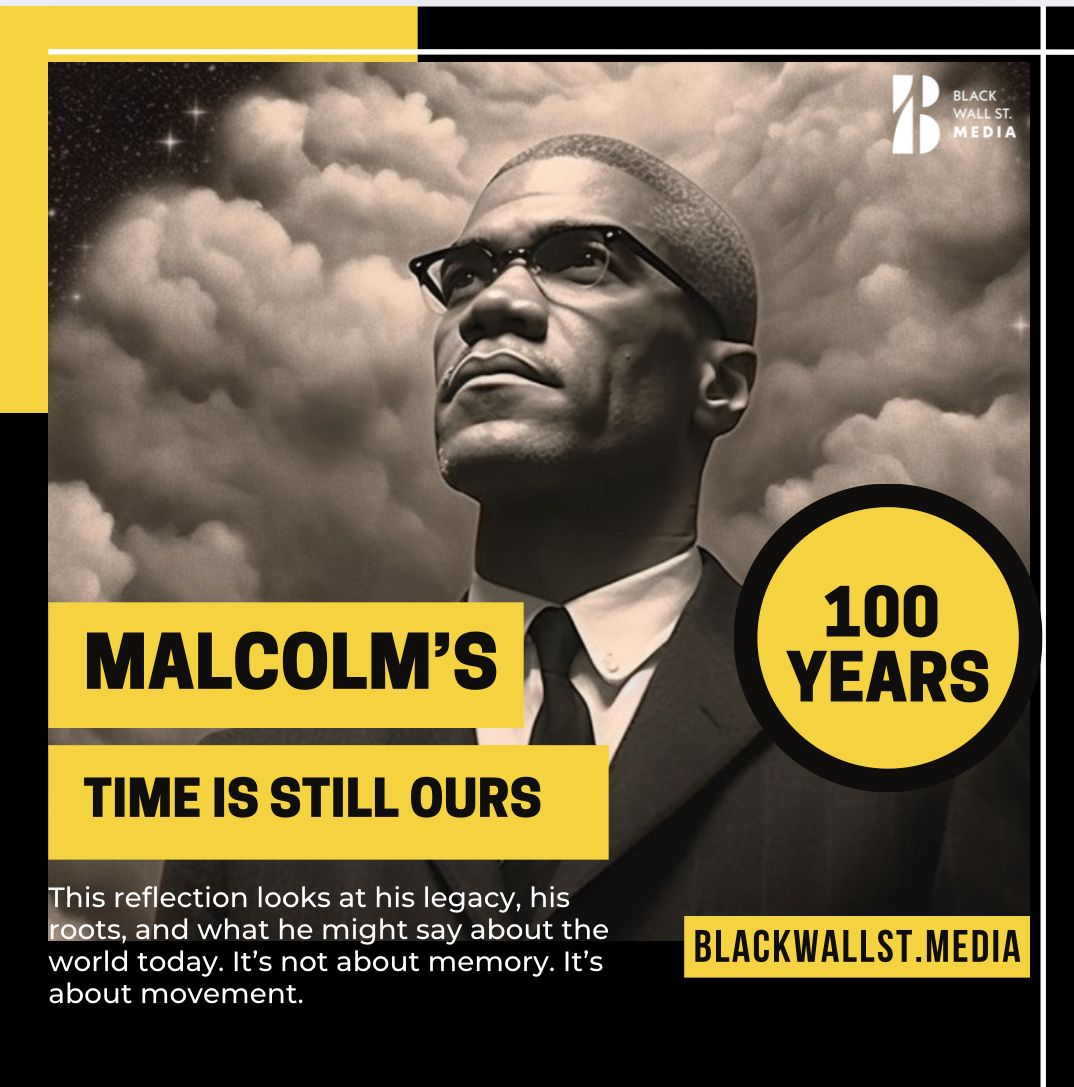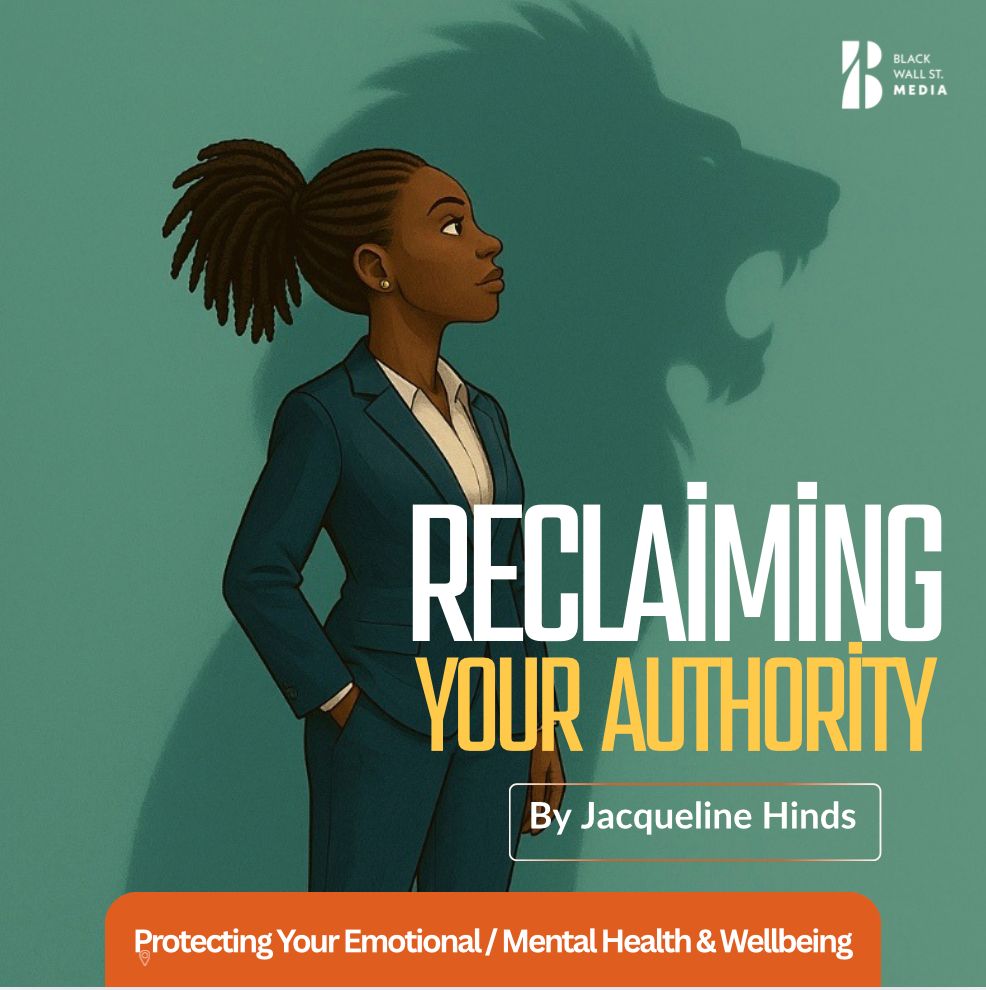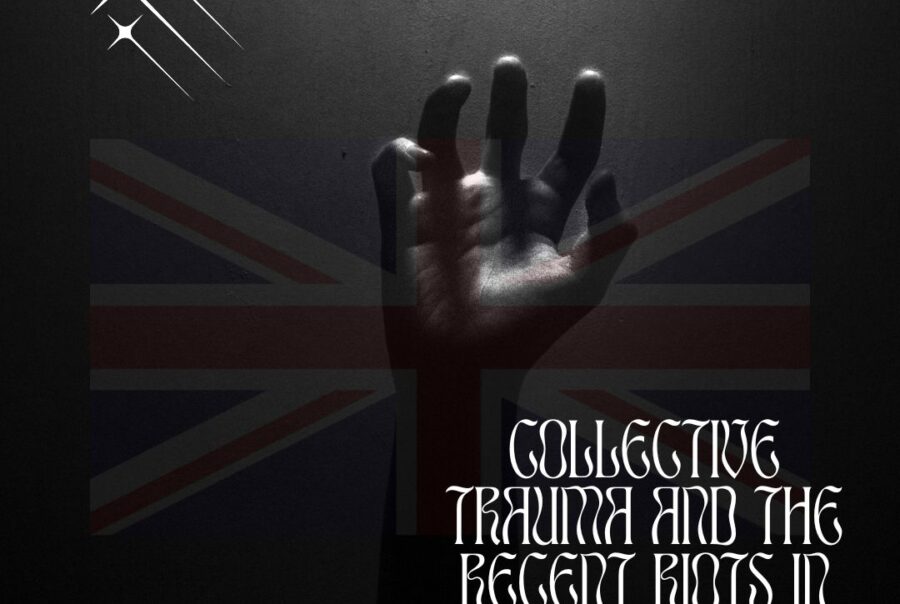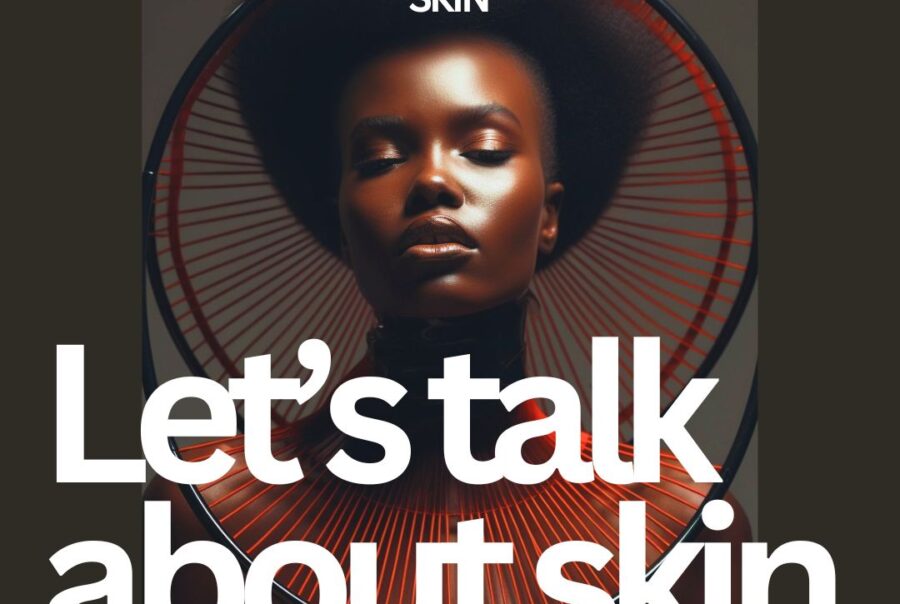OPINION
We can’t fix the problem with the wrong diagnosis
“”
Black Wall St. MediaContributor
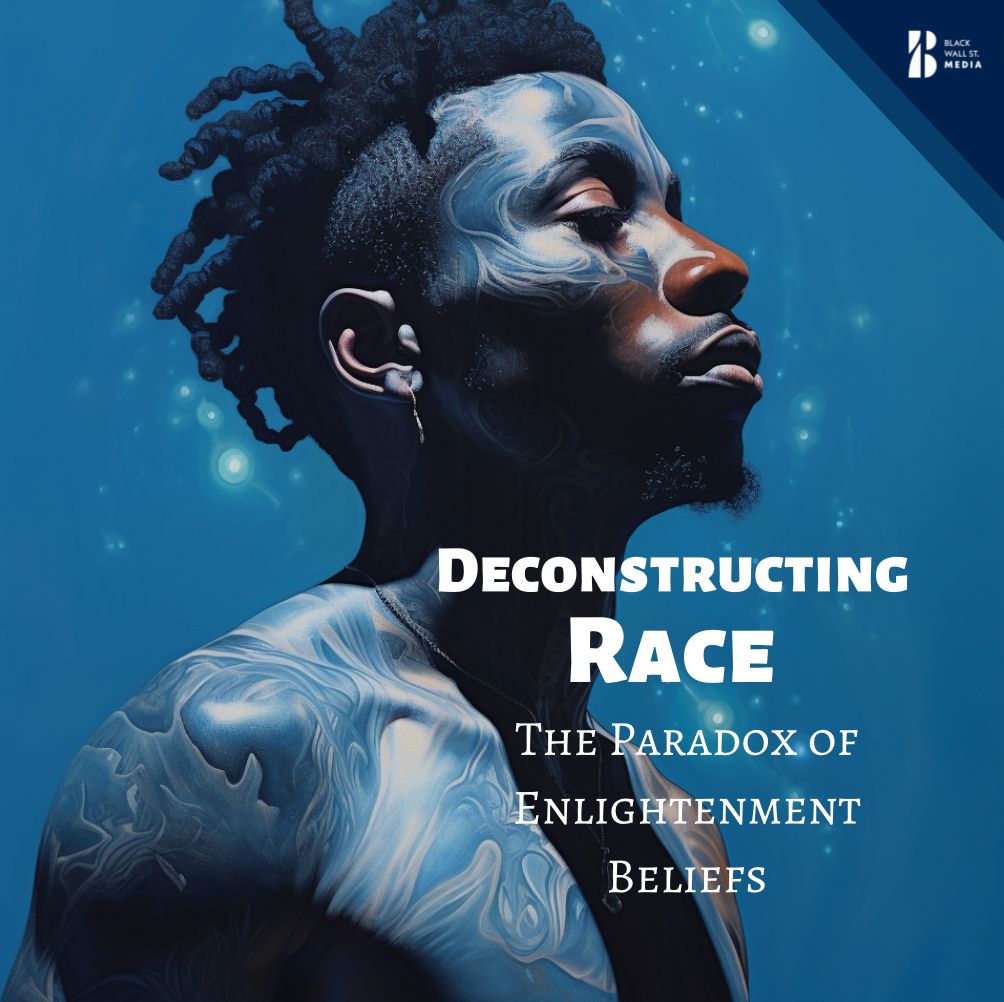
By now, it’s likely common knowledge that race is a social construct, with racism as its unfortunate byproduct.
The roots of the “American plantation system” were embedded during the Age of Enlightenment, a period marked by scientific progress that paradoxically gave rise to unfounded discriminatory beliefs about European superiority.
During this era, some scientists propagated theories asserting that Black skin resulted from “maternal imagination” or darkened sperm, while others posited that “darkened humors stained the skin.”
Essentially, individuals of White descent deemed themselves the standard of human excellence, pathologizing any deviation from this norm.
The question arises: did the creation of race precede racism, or vice versa?
Research indicates that even 3-month-old babies exhibit a preference for faces within their own racial group, showcasing an inherent recognition of differences before the articulation of these distinctions.
Race lacks biological markers; it primarily describes physical variations. Unfortunately, those advocating for the concept of “there’s only one race, the human family” may be missing the bigger picture—the true menace isn’t race itself but the systemic racism that ensues.
Merely acknowledging and recognizing the diverse appearances of individuals is not inherently malicious; the problem arises in the actions that follow.
Historically, the belief in White superiority has given rise to oppressive systems such as slavery, Jim Crow laws, and the enduring systemic racism that persists in 21st-century America. Comparing “race” to Gizmo at the start of the movie Gremlins, it’s not the existence of diverse racial groups that poses an issue; rather, it’s the deep-seated hatred and animosity that plague us, akin to feeding the mogwai after midnight.
Eliminating the concept of race amid the numerous racial disparities in society would erase the language used to address these discrepancies.
Take, for instance, the alarming statistic from 2020: Black individuals were four times more likely to succumb to COVID compared to their White counterparts.
If we were to discard the term “race” and cease recognizing distinctions based on race, such disparities would go unidentified, leaving us powerless to address them.
Progress in combating racial discrimination is gradual, but envision a world where we couldn’t even articulate the problem.
The same argument applies to sexism as a societal issue. How could we address the workplace discrimination women face without acknowledging them as a distinct group?
It would be impossible. For instance, “Black women earn 63 cents for every dollar earned by white, non-Hispanic men.”
If we couldn’t use the terms Black or women, we’d be unable to pinpoint the disparity, underscoring the inadequacy of adopting a neutral standpoint.
Abolishing the concept of race instead of addressing racism is akin to attempting to eradicate rain clouds instead of utilizing an umbrella, wearing rain boots, or a coat.
While I commend Elliot for her lifelong advocacy, I believe her theory about race overlooks a crucial aspect.
White people don’t require anyone to instruct them on our shared humanity—they inherently understand that.
Although White people originated the concept of “race,” eliminating the concept won’t eradicate the lingering effects of racism and bigotry.
Therefore, be cautious of those aiming to eradicate race without tackling racism.
While it’s commendable that some individuals aspire to live in a society free from racial discrimination or distinction, we can’t realistically eliminate the concept of race without first dismantling racism and white supremacy.
Attempting to find a cure without a proper diagnosis is an unrealistic expectation.
“We don't know anything about racism. We've never experienced it.”
Jane Elliot
Black Wall St. MediaContributor








